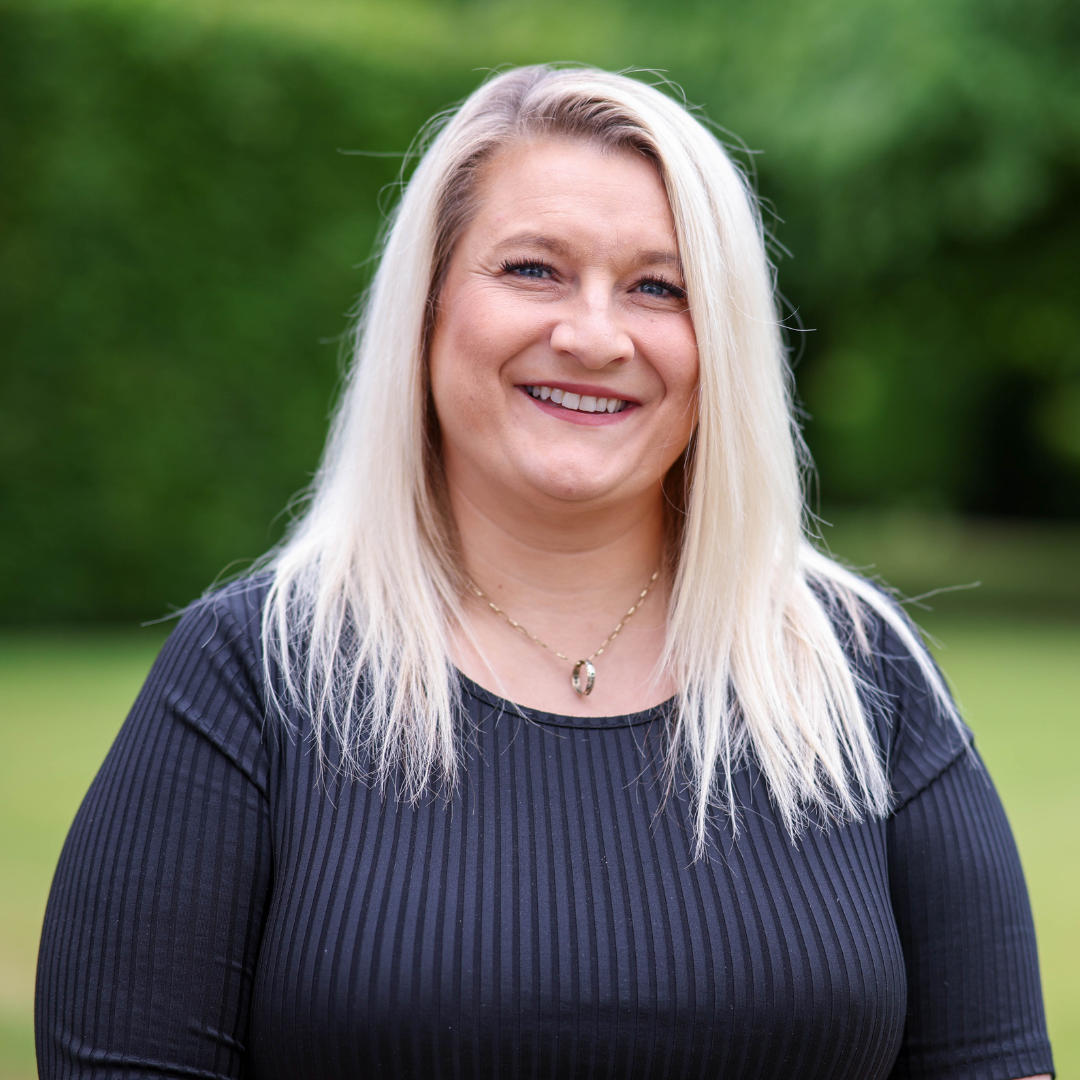Lynne Mekshi: Developing Meaningful Activities

Lynne Mekshi, Group Quality Manager, is looking to support the activities vision as part of her role - raising awareness by offering training opportunities and development for our teams to ensure quality and purpose through all we deliver.
We spoke with Lynne to find out what meaningful activity looks like - and how we can implement this on an individual basis.
What is the goal when putting together activities?
We want our residents to live full and engaging lives, continuing the things they enjoy and living with passion and purpose. Getting to know our residents, their likes, dislikes, and interests is paramount to us - enabling our activities coordinators to create personalised and meaningful activities for our residents to engage with. We want as many people as possible to participate and be involved with activities in some way, so making sure there's something to suit everyone's individual preferences and recording this is essential. Additionally, we always try to introduce residents to new experiences or learn new skills.
How can the full team work together to support this goal?
Wellbeing and maintaining meaningful contact is the role of our full care team, not simply a job just for our activities coordinators. We’re looking at the job roles of all our people to make sure roles become less task-led and more wellbeing focussed. We have also invested in NAPA, who provide a huge amount of online resource for our teams to utilise and form ideas from.
How do we ensure meaningful activity for those people who do not participate in group activity?
This is an area we are developing further to ensure everyone`s experience of interaction and meaningful activity is similar. We recognise it is easy to work alongside those who come forward and want to participate, but some prefer their own company or are physically unable to join in. We are responsible for ensuring their wellbeing needs are met too. We don’t want people to feel socially isolated or lonely so we are working on challenging our current practice and engaging with stakeholders to review how we are doing and what improvement we can make. As a team, we are continually brainstorming creative ways to involve everyone and ensure one on one activity and meaningful interactions continue to be a part of their day-to-day lives. It may be that someone simply doesn’t want to join in with a particular activity that day which is fine! We respect their decision. However, if we start to see a dip in participation over a longer period it often highlights a change in mood and it may be that we need to explore new ways of engagement with that person.
How can we ensure our activities are inclusive?
By enabling everyone to have a voice and continually developing our activities to meet the demand of our residents, seeking their feedback and thoughts as people change and what they once enjoyed may no longer be the case, we also work with their loved ones as they can provide invaluable information about the person and what's important to them. We always try to facilitate different versions of activity to suit each capability and are now about to embark on using a new assessment tool Jackie Poole (PAL) to better understand the people we support and the type of activity they would possibly enjoy, for example, more active or sensory engagement. Being inclusive is one of our organisation's values and we want to make sure everyone has the opportunity to engage in any offering. No one should feel left behind.
How are activities recorded?
Recording activities is important to measure how well received an activity is. Did the person engage? Did they enjoy it? What worked well in the session and what did not? This honest reflection can help us tailor each person's likes and dislikes. Not participating one day doesn’t necessarily mean the person doesn't enjoy the activity, it may mean we need to adapt the steps to make it more successful. When we assess this against outcomes we have to think – what is the outcome for the person? What is the person trying to achieve? How will this have a positive impact on their life? By setting clear goals, we can track these outcomes on our online care plan platform, Nourish, recording each individual's progress so that when the goal is achieved we can celebrate this! Recording in this way may also highlight times that we might want to intervene. For example, if someone doesn’t take part, we want to understand why? We can include in the handover notes that the person seemed a bit flat and, therefore, would encourage other staff members to double-check on them throughout the day or offer 1:1 time as an alternative.
Why is it important to continually develop our learning and understanding of activities?
We know there's always room to develop and make improvements to ensure we maintain a high standard of care, as the things people enjoy contribute significantly to their overall wellbeing. Understanding the physical, social, spiritual and emotional wellbeing benefits helps us better understand why and what we are trying to achieve for a person i.e. having a real understanding of the physical benefits of activity, strength and balance, dexterity, and so on can help the team support and offer a more personalised approach to the activity rather than someone randomly taking part. This can make the activity more purposeful, however randomly taking part may just be about the enjoyment which is also a positive and should not be discouraged.
How do activities complement someone’s care plan?
Having meaningful and purposeful activities in our day is what makes us feel valued and helps improve our self-esteem and overall wellbeing. Therefore without meaningful activity, the person can feel they have lost who they are, a piece of their identity is missing, or a sense of belonging. These activities are what make us human, having family and friends is a part of who we are, being useful and contributing in some way, and doing things we enjoy have always made us feel some respite from whatever else is going on in the world. So we would suggest it’s an imperative element of anyone`s care plan. It reflects who the person is, what’s important to them, and what makes them feel good. Yes, people need support with particular elements of their care i.e. nursing, however, that should not diminish the importance of meaningful activity and connections.
Our homes offer a weekly activities planner with themed group activities scattered throughout the year, catering to a variety of interests. Our excellent team of activities coordinators are invested in creating meaningful experiences and go above and beyond to deliver person-centred and personalised care that puts social, emotional, physical, and spiritual wellbeing at the forefront.



